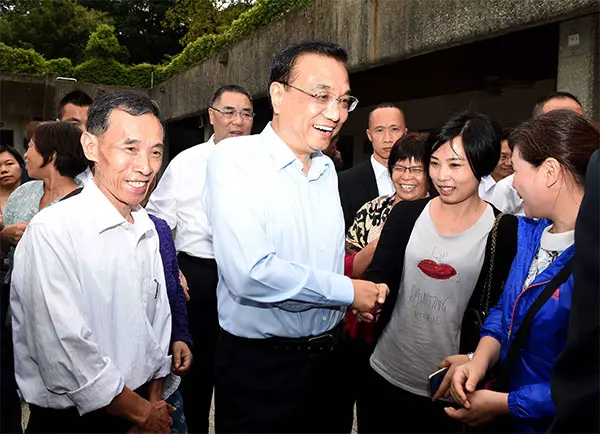Anchored by butterfly-shaped benches, an unassuming boulder displaying a brass plaque stands in a large expanse of green grass here in Northern Virginia, half-an-hour drive away from the U.S. capital.
The memorial, along with several similar ones elsewhere in the United States, reminds people of the pain and suffering of about 200,000 women during World War II, an episode of history Japanese Prime Minister Shinzo Abe chooses not to look at squarely.
The issue of "comfort women", a euphemism for the females forced into sex slavery to the Japanese military during the war, has sparked protests urging Abe to apologize for Japan's war crimes, casting a shadow on his ongoing visit to the United States.
At a joint press conference with U.S. President Barack Obama on Tuesday, Abe said he is "deeply pained" to think about the woman victims, but again stopped short of a full apology for the war crime.
In Fairfax County in Virginia, the "comfort women" memorial serves as a reminder of Japan's wartime atrocities. Local residents said the memorial bears great significance.
"I'm glad that such things are remembered," Fairfax resident Eric Herrman told Xinhua. "If you don't remember history, you tend to repeat it."
The memorial, located behind the Fairfax County Government Center, was unveiled in May last year despite opposition from the Japanese side. Washington Coalition for Comfort Women Issues, a rights group, spearheaded the project.
"I understand that the issue is controversial, but I believe the memorial is tasteful, respectful and honors the memory of the victims of human trafficking during World War II," Sharon Bulova, Chairman of Fairfax County Board of Supervisors, said in an email message sent to Xinhua.
"It will serve as a reminder that we must remain vigilant and never allow such tragedies to occur," she added. Enditem
 简体中文
简体中文

